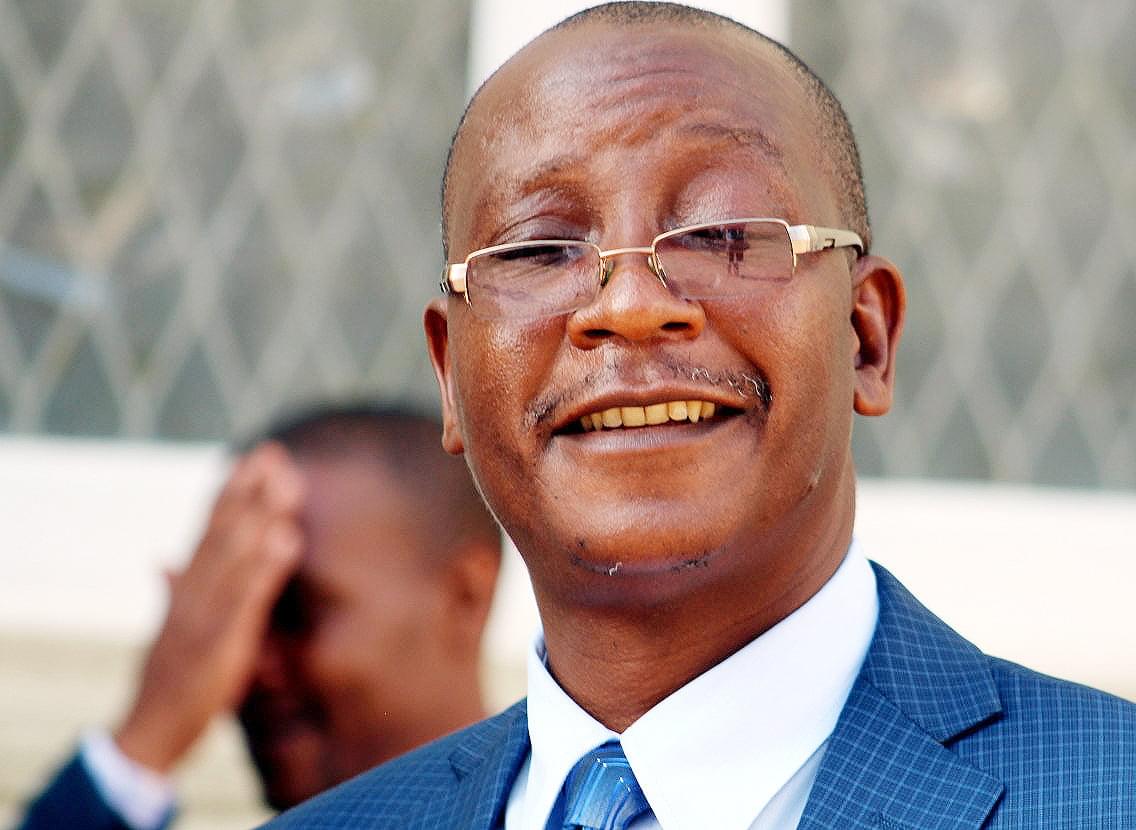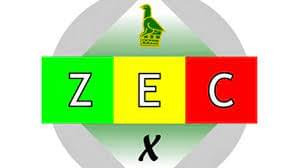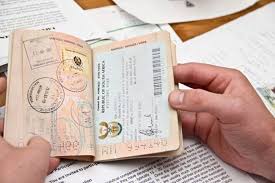PRESIDENT Emmerson Mnangagwa’s chief election officer and Justice minister Ziyambi Ziyambi has said aspiring presidential candidates complaining about the US$20 000 nomination fees are unfit to lead Zimbabwe and will steal once in office.
This follows an outcry over the exorbitant candidates nomination fees which parties like ZAPU and EFF Zimbabwe failed to raise, bowing out of the race.
Ziyambi was addressing the media soon after filing Mnangagwa’s nomination papers at the High Court, Wednesday.
The cabinet minister added that the presidency required a financially stable person and struggling to raise the ‘small’ amount showed one will steal if voted into power.
“If you want to be trusted with the affairs of a country and then cry over US$20 000 it shows you are not serious.
“Rights and responsibilities go hand in hand. If you need this big job you really have to be financially stable.
“How will one be able to run a whole if they complain about paying US$20 000. It’s not even too much and one who manages to pay that amount will be able to run the country without stealing, ” he said.
National Constitutional Assembly (NCA) leader, Lovemore Madhuku said his party failed to field more candidates because they could not raise enough funds.
“Because of nomination fees our party decided that we should look for money for our presidential candidate and money for top 10 performing national assembly members…. We are a party which is growing so we raised US$20 000 for our president and US$10 000 for our MPs.
Madhuku also said “it was almost impossible to raise the money, initially we were very ambitious but the issue of fees changed everything.”
LEAD president, Linda Masarira spent the whole day running up and down trying to source funds and when she managed to raise enough, authorities refused a bank transfer.
MDC leader, Douglas Mwonzora said some of his MPs were struggling to pay the money.
“We have assisted some of them but we can’t help all of them unfortunately. It (US$20 000) is a very difficult amount to come with in the Zimbabwean context,” he said.
Source NewZimbabwe










